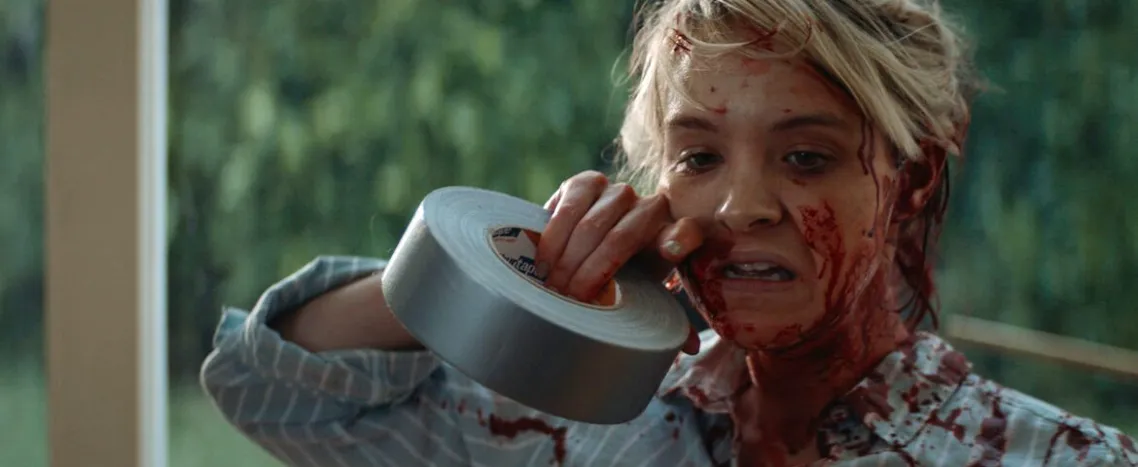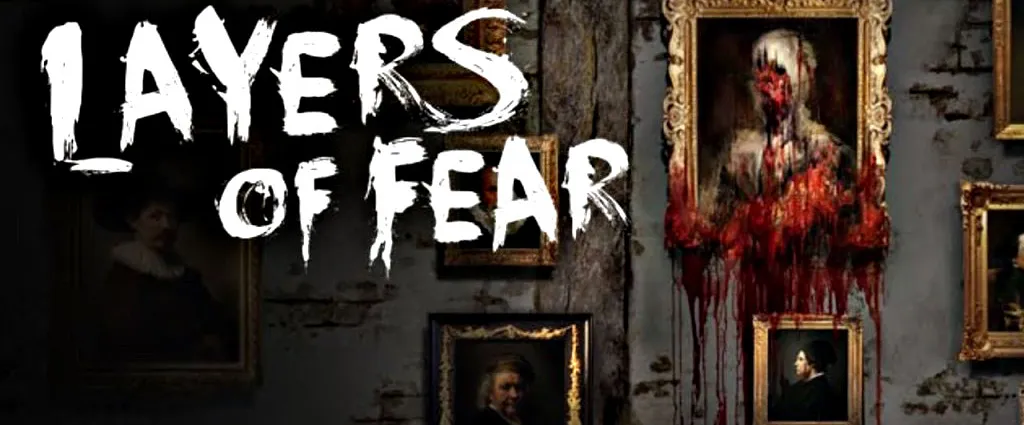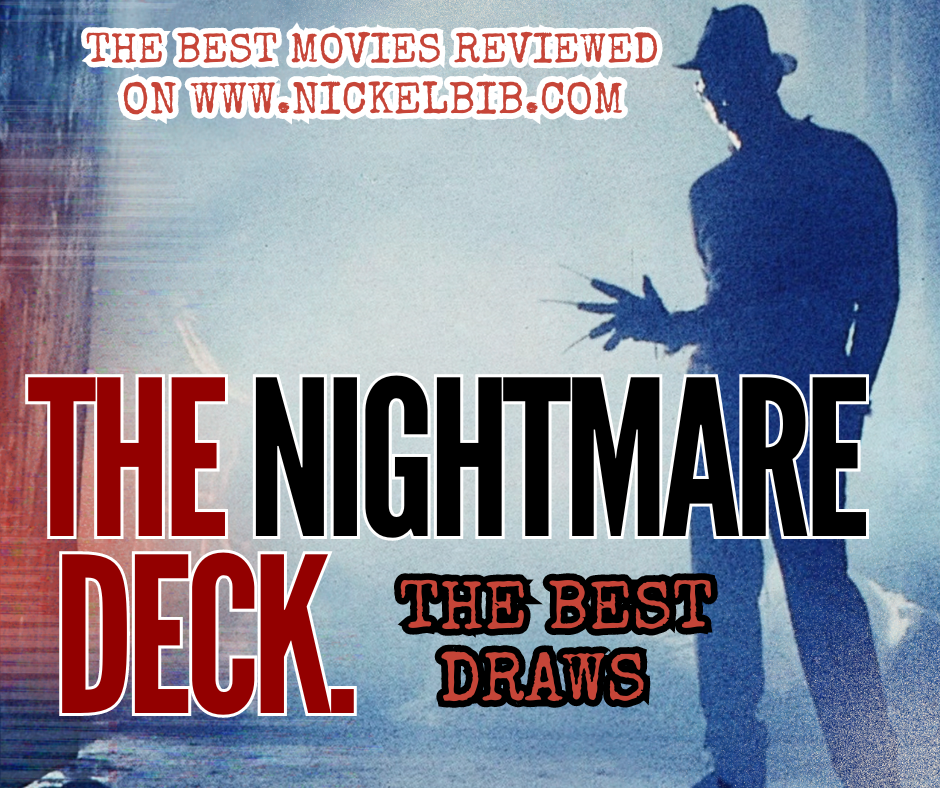Although talking about Nioh so late after the fact might not be the timeliest of decisions, it is a videogame that has occupied a space in my mind rent free for a while now. As prefaced in some of my earlier reviews, I am a loyalists to the Souls-like genre, whether it be FromSoftware’s originals or other series’ influenced, like Hellpoint and Mortal Shell. I have a lot of affection for the genre and, for a time, I actually sought out anything and everything that someone dared make the statement of: “It’s like Dark Souls”.
Developed by Team Ninja (of Ninja Gaiden fame) and Kou Shibusawa for the PlayStation 4, Nioh was published by Sony Interactive Entertainment, receiving solid sales and a positive critical reception from critics and casual players alike. A remastered version was released for PlayStation 5 on February 5th, 2021, which we aren’t playing, because I can’t find one of those pesky things to save my life.
I first bought Nioh in late-2017, where it sat on my never-ending queue til mid-2018, and that’s when I really dug down deep and experienced it. I poured about thirty hours into Nioh, taken by the aesthetic and fighting style, but ended up having to step away for some reason or another – or, more specifically, because I was stuck on a boss battle and could not advance any further.
As many of you would likely have already assumed, given your knowledge of other series’ branded the (for me) affectionate moniker of Souls-like, Nioh offers a fair challenge, to say the least. Truth is though, Nioh sometimes is not that difficult. However, in a lot of other ways, Nioh is very difficult.
As the name suggests, Nioh’s storyline and characters draw influence from Japanese culture, specifically the late Sengoku period, when clans of Japan were at war prior to the unification under the Tokugawa shogunate and the beginning of the Edo period. If all of that sounds like hogwash to you, that is fair and understandable. All you really need to know is that it is carried by a Japanese aesthetic, blended with dark fantasy elements.
The graphics and visuals are inspired, stylish, with an array of monsters to come to task with. The atmospheric setting not only helps distinguish it from other series’ in the subgenre, but adds a unique flavor and personality that I enjoyed a lot. The Japanese folklore stands proudly as a highpoint in Nioh’s offering. They also have about the cutest collectible characters roaming around each level you could ever ask for!
The storyline can, at times, feel convoluted, and other times, superfluous, offering a framing device that feels like it may overstay its welcome on occasion. On one hand, I don’t want to reenact the journalist who cried Dark Souls anytime I review about a comparable videogame, on the other hand, it would be absurd not to compare and contrast, given their similarities. Whereas Dark Souls and Demon’s Souls and the like depend on a more minimalist approach to their storytelling, spoon feeding you lore and story through item descriptions and occasional strands of dialogue, Nioh is far more direct and conventional.
In that respect, I can’t help but feel this detracts more than it adds to the experience. The narrative feels busy and more like run of the mill jargon, which is why I think is what the original approach in the subgenre so appealing. It trims the fat and feels like a games’ game, so to speak. That said, I would not be against a more narrative driven approach to the subgenre eventually, but can’t help but feel like Nioh’s storyline exemplifies why the other, stripped down approach was preferable.
The gameplay mechanics are fun, offering the sword fighting fun I had come to expect. When I revisited Nioh, I poured another 30 hours into it, and I remained mostly taken in by it. The fighting is a lot of what you might have experienced, coupled in with some new intricacies as well. Expect a lot of stamina conservation, choosing your spot, and attacking, and expect to have your character done away with in a single string of attacks should you be hasty in your approach. It’s plenty frustrating, but it can also be rewarding as well. One reprieve Nioh does offer you is a special Yokai form you’re able to turn to. Once you’ve built up your meter by slaying enemies, you’re able to unleash yourself into an ultra-powerful form that makes you impervious to attacks and increasing your attack for a short period. Not only does this alleviate some of the difficulty, but it adds a new strategic component to the experience, picking your spot and deciding when you should unleash.
Nioh also offers different stances for attack, which may prove useful depending on how you factor it in. Personally, I know that when I tried to play Nioh in a way that embraced the diversity, I had far more trouble than when I played it how I would normally approach a videogame of its kind. After all, I was able to reach where I had left off in my first playthrough (30 hours in), in less than 10.
The layout is unique to the subgenre, but still conventional from a gaming perspective, offering a level selection menu, where you can choose from the main mission and sub-missions as well. I like the idea in principle, as it allows you a way to grind your character in a way that feels, well, less like a grind, should you become stuck on a boss battle in the main mission. In the end though, it did not end up as useful as I anticipated, and is something I hope they continue to workshop in the sequel.
In fact, the sub-missions may have proved more to the videogames detriment overall. As much as I enjoyed Nioh, and I did really enjoy it, I feel like the longer I spent with it, the more my affection dwindled. Nioh overstays its welcome, and I believe it would have really benefited from shaving down its length. The longer I stayed with it, the more I began to understand its repetition and formulaic approach. Enemies are recycled, again and again and again, and, coupled in with the additional sub-missions, it can feel grating at times with the rotation. I found the final stretch particularly daunting, so much so I went from really enjoying myself to wanting it all to end at last. After a while, the boss battles became met with groans, as every one of them felt, less like a puzzle to crack, and more like a cyclical, tedious, and trying task to finish.
I might be the odd one out, but the most enjoyable aspect of the subgenre, for me, has always been everything in-between the boss battles. In my opinion, less is more, and when you effectively, a boss battle can feel like the exclamation mark on a momentous level or act. In this circumstance, however, when the gameplay time feels artificially inflated by recycling assets over and over again, walking into a boss battle and immediately being offed in one hit by an enemy you’re not acclimated with can feel … exhausting. It is not simply because they are difficult.
And, to be clear – overall, I had more difficulty with Nioh than any of the Souls (other than the original) or Bloodborne.
In the homestretch, I felt like a seasoned pro with Nioh, and with Ochoko Cups (items that allow you to summon other players), I always knew there’d be a far easier way out if worse came to worse. Instead, it was because everything felt so drawn out and elongated that even the aspects I thoroughly enjoyed became points of contempt.
I love the idea of talented developers like Team Ninja creating their own spin on the subgenre, and I really do hope that Nioh 2 not only improved on the foundation set in the original, but that they continue to polish and diversify their own idea. As much as I love From Software, they are chalk full of bad impulses, ones that Team Ninja evidently have as well. Like occasions where you have to run a mile in-order to reach a boss battle (none as bad as From Software’s worst, however).
Nioh is a good videogame, but not a great videogame, given detriment by its own hubris. The gameplay is fun and oftentimes immersive. But, with how stretched it is, its goodwill eventually runs dry. I would recommend it to fans of the Soulslike subgenre and I would even recommend it to general fans of role-playing action videogames, as it does have some enticing visuals and there is some real fun to be had. It is not a videogame I would want anyone to “sleep on,” per se, but one I admit pays a hefty toll for not reeling it in.






GIPHY App Key not set. Please check settings